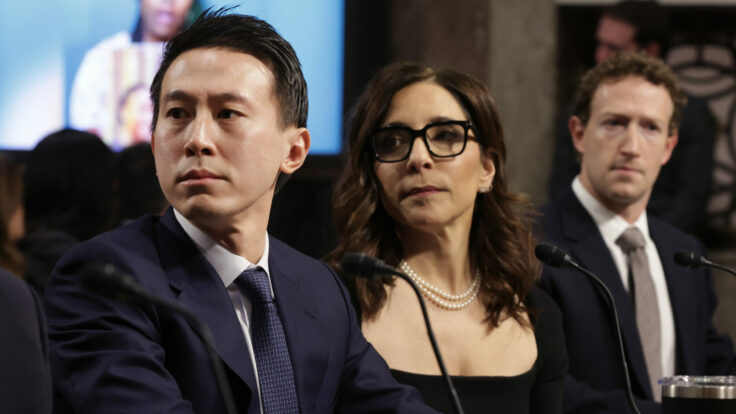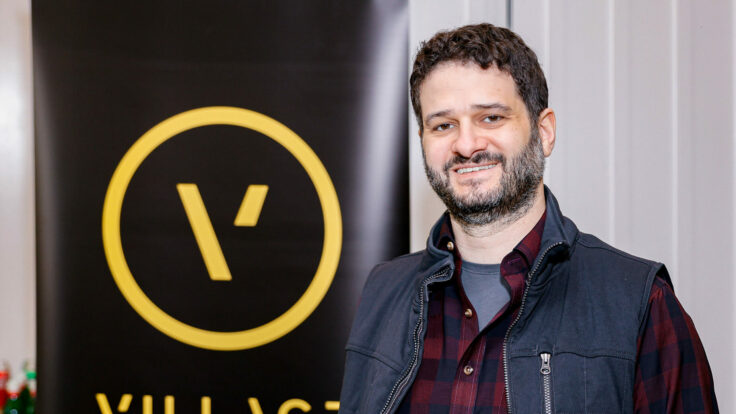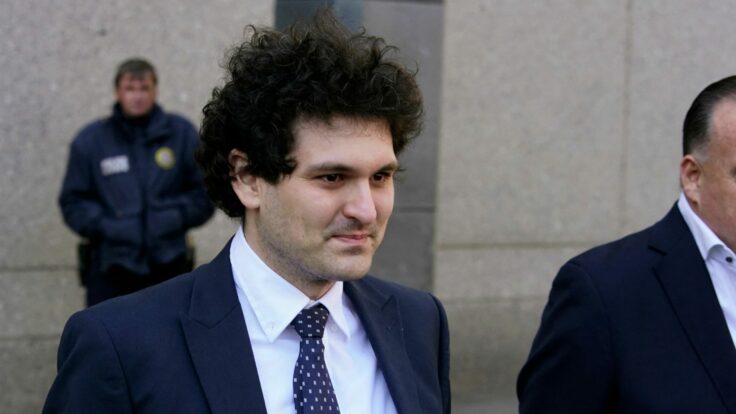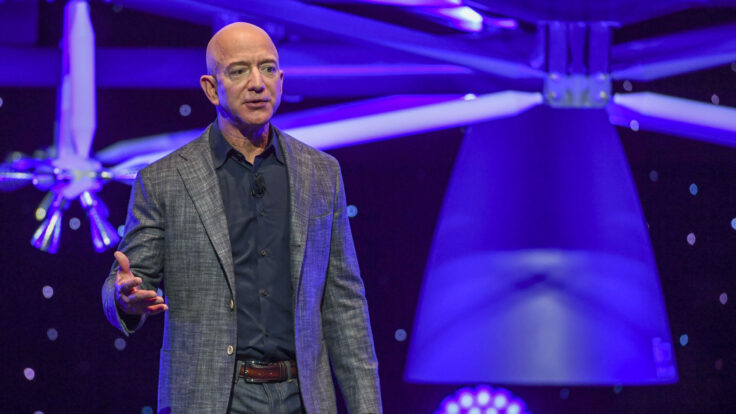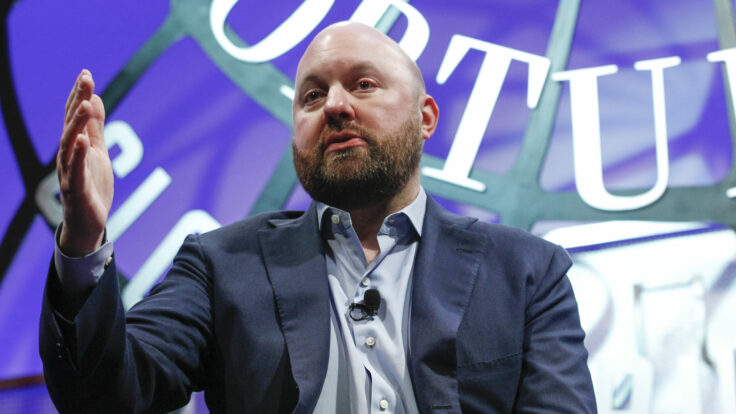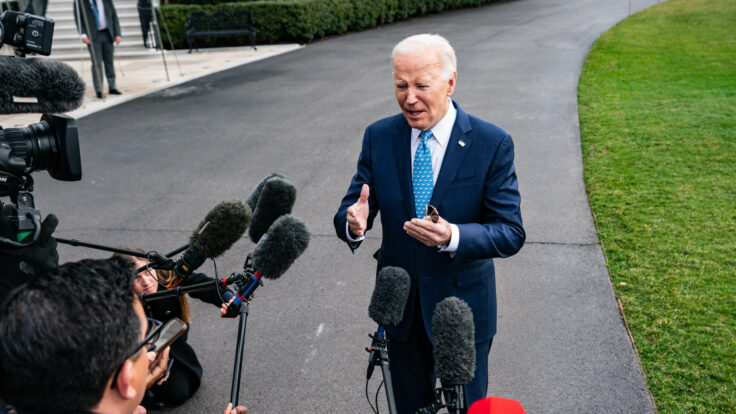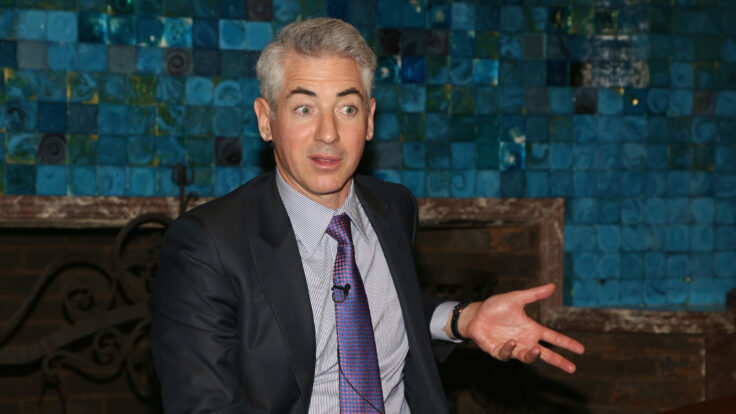This past June, Barack Obama jaunted off to visit with some old friends of Silicon Valley. Obama was coming to the cradle of innovation in part to learn more about disinformation campaigns, and any way that the technology industry might cure America’s trust crisis. And so he called a meeting—and asked none other than Laurene Powell Jobs to host him at the Palo Alto headquarters of Emerson Collective, her for-profit philanthropic enterprise, for the intimate reception, which sources told me was supposed to stay under wraps. The guest list was organized by Obama, not Powell Jobs, but the billionaire philanthropist, along with some people who happen to be her grantees, had the former president’s ear that day to explore one of his top post-presidency priorities.
Obama, like many members of the American elite, wants to keep Powell Jobs close. He should. In an industry town where every billionaire has a mission or two, Powell Jobs has stretched herself out over the last decade to have a million, with grand and sprawling aspirations to help rebuild American media, close the K-12 achievement gap, overhaul the immigration system and make money along the way.








